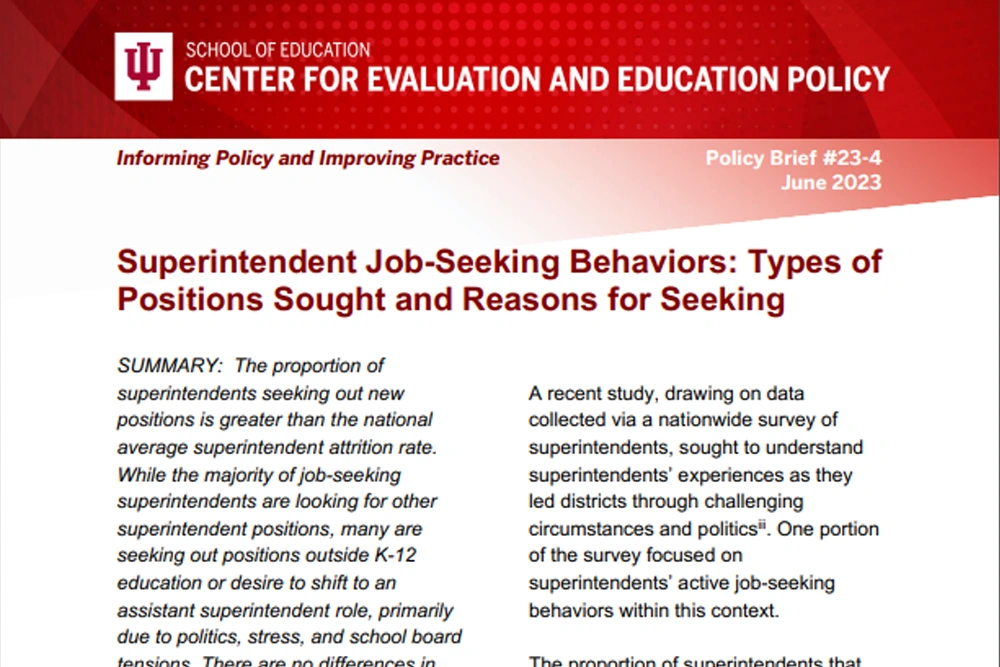Our Focus
The development, growth and retention of education leaders, and the relationship between educational leadership, school effectiveness, and student success.
WHY DO WE STUDY EDUCATIONAL LEADERSHIP AND SCHOOL EFFECTIVENESS?
While classroom instruction by teachers is a primary driver of student achievement, campus principals play a crucial role in a school’s success. Principals are vital in supporting and developing teachers, hiring and retaining quality educators, and fostering a positive and inclusive learning environment. Research studies consistently highlight the strong link between effective principal leadership and increased student success. This relationship is evident through several key aspects:
• Fostering and Sustaining a Positive Culture of Learning
• Establishing High Standards
• Supporting and Collaborating with Teachers
• Monitoring Student Growth
• Focusing on Continuous School Improvement
The role of school principals has evolved from managerial duties to more complex responsibilities that include providing instructional leadership aimed at improving student learning outcomes and supporting teachers in effective teaching practices. Additionally, state and federal policies now hold principals accountable for various metrics such as closing performance gaps, reducing drop-out rates, and enhancing postsecondary readiness among students. Principals are tasked with managing limited resources efficiently, engaging with teachers to elevate instructional quality, facilitating collaboration among staff members for professional growth, and cultivating a productive learning environment. As such, they must be visible leaders who understand the intricacies of teaching and learning while clearly communicating academic expectations for all students. In sum, the evolution of the principal’s role underscores their critical influence on student success and overall school improvement efforts. Effective principal leadership stands out as one of the most pivotal elements in achieving educational excellence.

Recent Research on EDUCATIONAL LEADERSHIP AND SCHOOL EFFECTIVENESS






